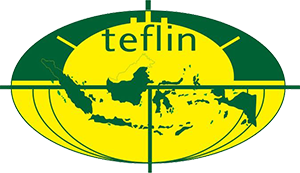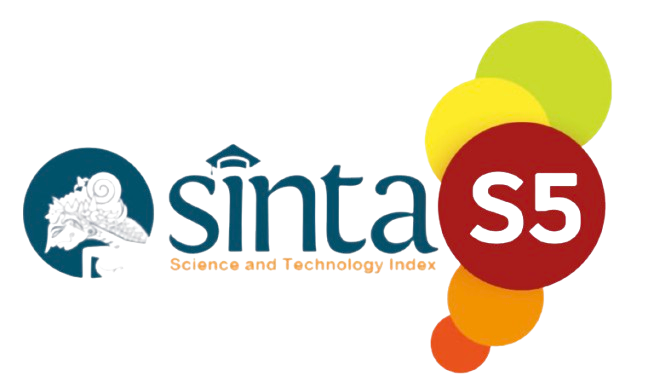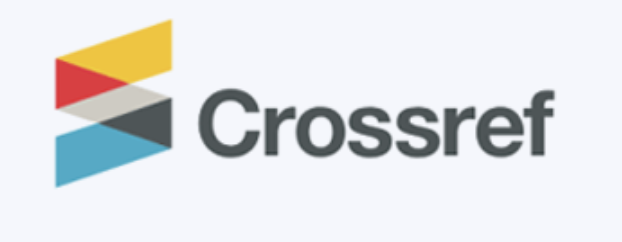The Correlation of Vocabulary Mastery and Reading Motivation towards Reading Comprehension of the Fifth Grade Students in SDN 3 Tanjung Agung Katibung, Lampung Selatan
DOI:
https://doi.org/10.52217/ijlhe.v3i2.796Keywords:
reading, reading comprehension, vocabulary mastery, motivationAbstract
Reading comprehension is an activity that should be mastered by the students in order to enrich their knowledge. There are several factors that influence students’ reading comprehension. This research aims to know the correlation between vocabulary mastery and reading comprehension. The correlation between motivation and reading comprehension. Therefore, this research also aims to find the correlation between vocabulary mastery, motivation and students’ reading comprehension. This research represents descriptive quantitative research by using correlation method. The result of this research indicates that vocabulary correlates positively with reading comprehension. The motivation correlates positively with reading comprehension. Moreover, this study also finds that there is positive correlation between vocabulary, motivation and students’ reading comprehension. There are several ways that can be used to increase student’s reading comprehension such as; familiarize students to read a lot by understanding the contents of the reading text; creating a conducive learning situation in order to increase students’ motivation in reading. By reading a lot and understanding the reading text, it is hoped that students’ vocabulary mastery will increase.
References
Abdurrahman. (2003). Pengantar Teori Bahasa. Jakarta: PT. Rineka Cipta.
Apriyanti, E. ., Sutiyono, A. ., Rohana, R., & Wiratno, P. . (2018). The Corelation of Reading Interest and Diction Mastering with Quick Reading Skills . IJLHE: International Journal of Language, Humanities, and Education, 1(1), 67–78.
Baradja, M.F. (2006). Kapita Selekta Pengajaran Bahasa. Malang: IKIP Malang.
Efendi, Y. ., Sutiyono, A. ., & Sutrisno AB, J. . (2018). The Evaluation of The Curriculum 2013 Implementation Program for Indonesian Learning at SMPN 5 Pesawaran. IJLHE: International Journal of Language, Humanities, and Education, 1(1), 43–52.
Mar’at, S. (2005). Psikolinguistik Suatu Pengantar. Bandung: Refika Aditama.
Moleong, Lexy J. (2007). Metodologi Penelitian Kualitatif. Bandung: PT Remaja Rosdakarya Offset.
Rozali, R., Fahrurrozi, F., Wahono, W., Angraini, N. ., & Windriani, D. . (2018). The Effort to Increase Vocabulary Mastery through The Use of Word Cards. IJLHE: International Journal of Language, Humanities, and Education, 1(1), 61–66.
Subing, E. S. ., Fahrurrozi, F., Sutrisno AB, J. ., Angraini, N. ., & Marcela, E. D. . (2019). Relationship of Student’s Vocabulary and Schematic Mastering with Observation Report Writing Skills. IJLHE: International Journal of Language, Humanities, and Education, 2(2), 1–8.
Tarigan, Henry Guntur. (2013). Teknik Pengajaran Keterampilan Berbahasa. Bandung: Penerbit Angkasa.
Wicaksono, Andri; dkk. (2015). Teori Pembelajaran Bahasa (Suatu Catatan Singkat). Yogyakarta: Garudhawaca.
Wijaya, A. ., Surastina, S., Sutrisno AB, J. ., Rachmasisca, F. M. ., & Ajeng, G. D. . (2019). Correlation of Figurative Language Mastery, Interest in Reading Short Stories, and The Ability to Appreciate Short Stories. IJLHE: International Journal of Language, Humanities, and Education, 2(1), 35–44.














